Our house is filled with abandoned projects: a board game left halfway played on the living room rug, a million sheets of paper with one fourth of an imagined drawing, a plate with an artfully nibbled bagel and cream cheese. This is the detritus of small children who don’t actually give a shit about completion.
And it has been so hard for me. And it has been so good for me.
I just ate the nibbled bagel for breakfast; I can’t abide by wasted food. But when it comes to the rest of the liminal states around here, I am learning to depersonalize, to surrender, to wonder about my own deep craving for completion. It’s like a bad religion.
For them, for my children, completion is like a word in a language that they have never learned and don’t care to. Their disinterest has caused me no small amount of frustration. I want to stick the half-finished puffy sticker craft kit in one of their faces and scream, “Finish something!”
Finish something?
Okay, I guess. Finish the puffy sticker craft kit if it’s fun, but why else? Finish the food if it’s nourishing. Finish the taxes, as long as you’re not protesting, which you very well might be because this country can’t even pass paternity leave policy in 2021.
But why the maniacal drive for completeness? And what is completeness, anyway?
Maybe my daughter is drawing one endless drawing that will require one million sheets of paper and a thousand idle hours, drawing and not drawing, and it will all be part of the drawing.
Maybe my other daughter did finish the board game. I just have no way of knowing that because the rules, which are more like lines in a script, are in her head, not on the sheet of instructions. She has no loyalty to that sheet of instructions. She is not playing a board game at all, in fact, but doing a deeply satisfying solo improv comedy performance.
Incompleteness is so second nature to my daughters that it makes me wonder about nature writ large. Is mother nature as addicted to completion as this mother? The perfectly structured spiral aloe sure feels complete. But of course there’s overlapping seasons and never ending cycles and decomposition, where there is no real end that isn’t also a beginning. Repeat forever.
I read a Q&A with a widower and his dear friend. They have worked together to get Christian writer Rachel Held Evans’ book out posthumously. She had written 11,000 words of it and then died suddenly. Her death was complete, but her creative life continued in the tender care of men that loved her. I find this so moving. I imagine the unfinished projects haphazardly organized in my computer, in my phone notes, in my journal, in my head. Would the men that love me know how to care for them if I disappeared? Could I disappear? I’m so big on the page and in my babies’ hearts and minds. I think I might, a part of me might, live forever as long as they’re alive, as long as my words get wedged into library stacks and pulse through some kind of light via tubes and screens on this thing called the Internet. Even my body can’t really be complete until my girl forgets the feeling of sticking her cold feet on my warm thigh in the bed.
I hereby pledge to lose my faith in completion. It’s dawned on me that it’s actually quite immature--a trick I learned to make myself feel like things were in my control, that I was good, that things were going as planned. I’m old enough to know that none of that is true, that art is messy and disjointed, that life is unpredictable and uncontrollable, that the virtue is in the present moment joy and pleasure and mastery, not in the promise of a tidy ending.
I’ll keep eating the leftover breakfast, my little sacrament to wasting nothing. But I will remind myself again and again that completion is not godly, creation is. Don’t get it twisted.





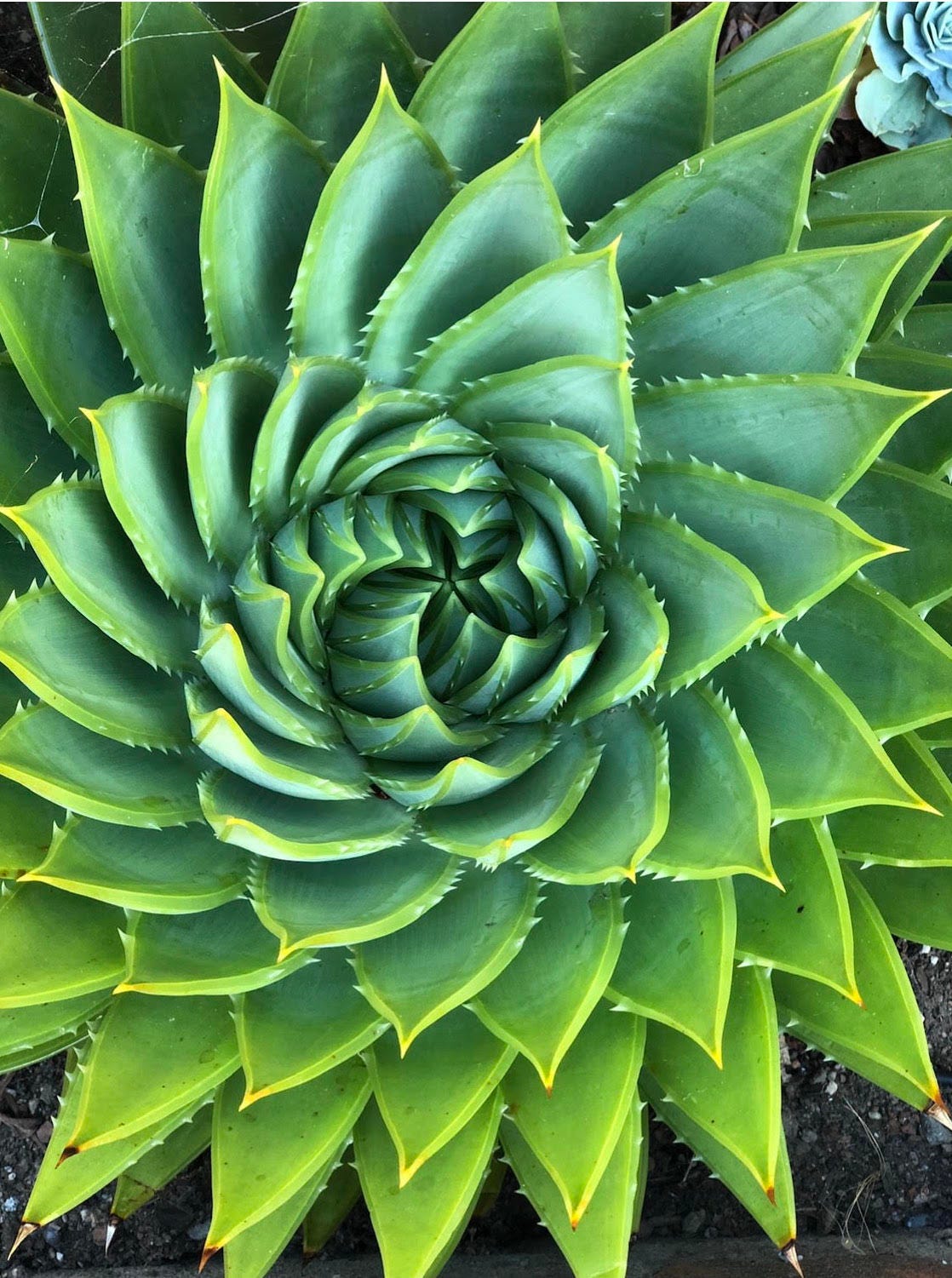

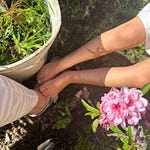
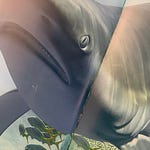

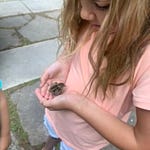
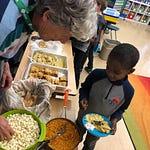
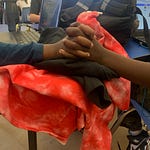
Share this post